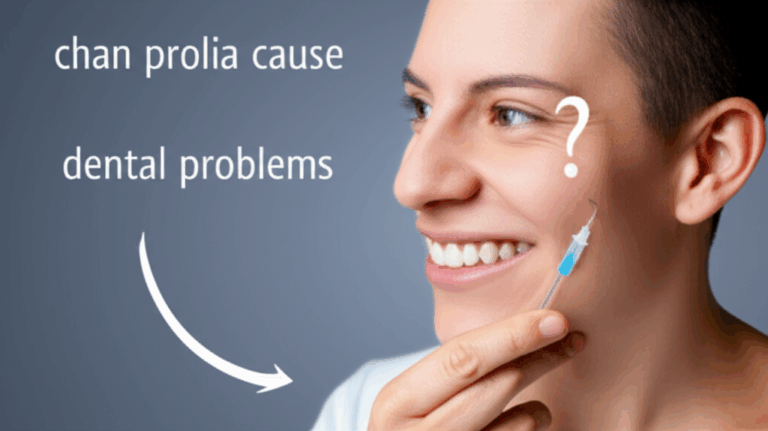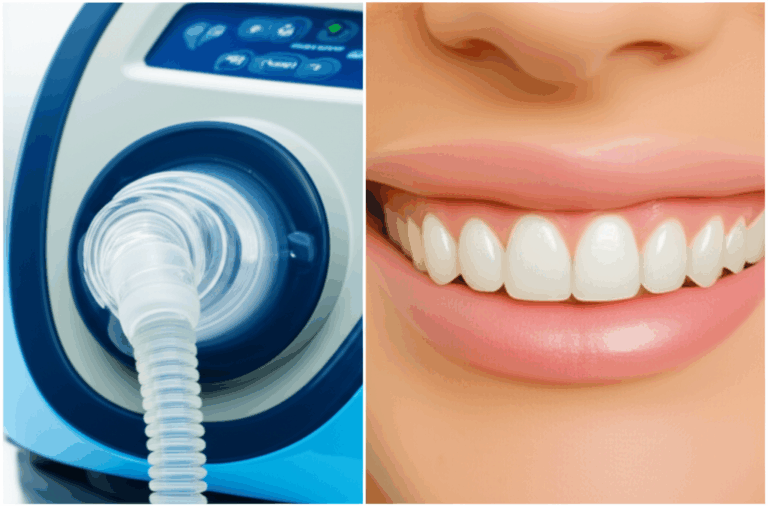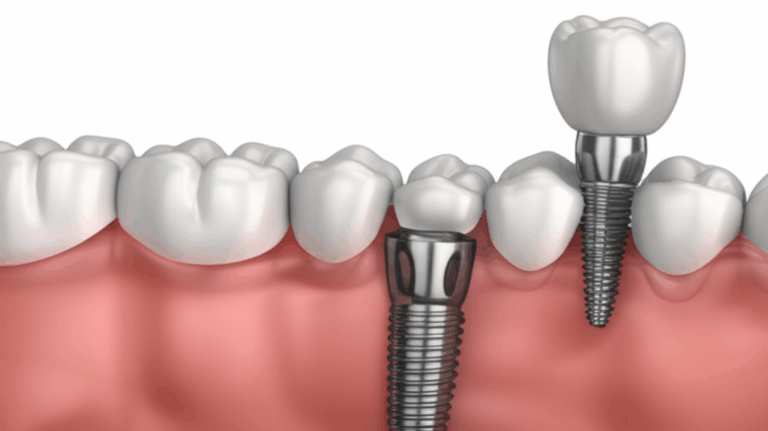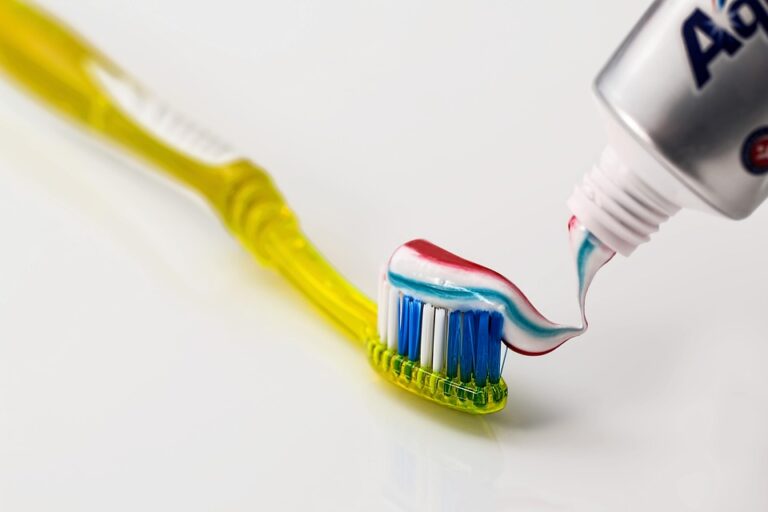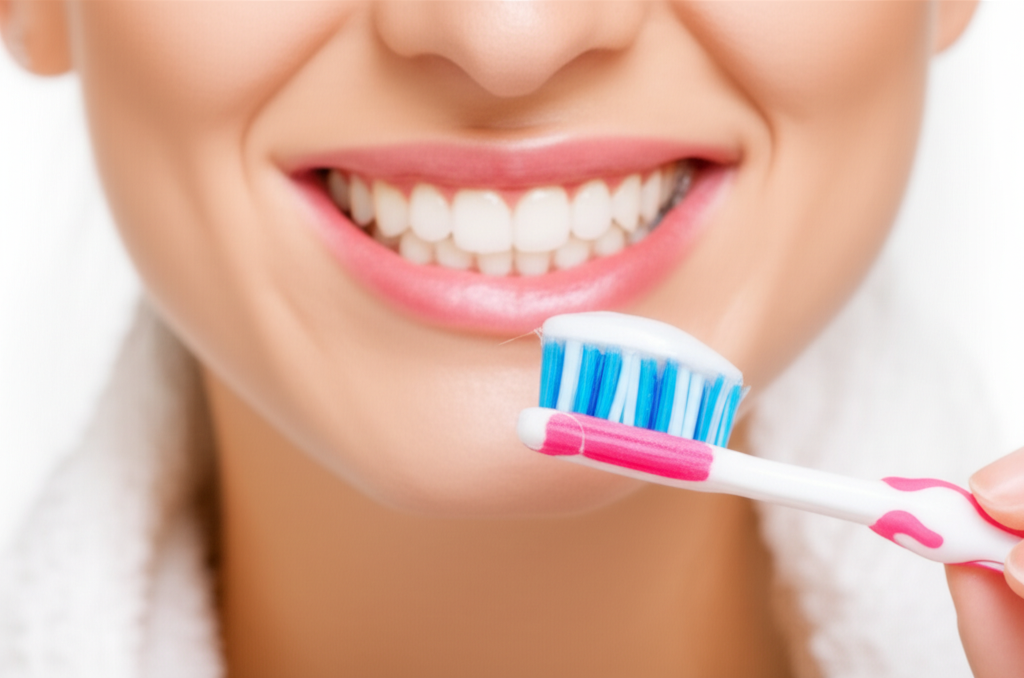
How to Prevent Dental Problems: Your Complete Guide to a Healthy, Lifelong Smile
Ever wonder if you’re doing enough to keep your teeth and gums healthy? Maybe you brush your teeth after every meal, skip the soda, but still worry about that surprise toothache or a big dentist bill. You’re not alone. Dental problems like cavities, gum disease, bad breath, and sensitive teeth are super common, but here’s the good news: most of them can be avoided. With the right habits and know-how, you can help your smile last for life.
Table of Contents
- The Real Reason Dental Prevention Matters
- Mastering Daily Oral Hygiene
- Diet, Lifestyle, and Dental Health
- How Your Dentist Can Help You Stay Ahead
- Prevention for Common Dental Problems
- Special Advice for Every Life Stage
- Your Next Steps to a Healthy Smile
The Real Reason Dental Prevention Matters
Let’s get right to it: Why should you bother with all these things to stop dental problems? Is it just to keep your teeth white and your breath fresh? Actually, there’s a lot more to it.
Why Dental Prevention Is About More Than Looks
Of course, having a bright smile can make you feel good. But looking after your mouth does much more. Your teeth and gums help you eat, talk, and be with people every day. Poor oral health can lead to ongoing pain, lost teeth, infections that spread beyond the mouth, and even make health problems like heart disease, diabetes, and pregnancy issues worse. Also, fixing dental problems (like getting a tooth implant or root canal) costs way more than just getting regular check-ups and cleanings.
If you want more reasons, think about this: The CDC says about 90% of adults get cavities at some point, and almost half of people over 30 get gum disease. These aren’t just numbers—they’re things you can usually prevent.
What Actually Stops Dental Problems?
Here’s a spoiler: Prevention isn’t about one special thing. It’s a team effort between your daily routine, your eating habits, and a little help from your dentist. If you get these things right, you can really lower your risk.
Mastering Daily Oral Hygiene
Now, let’s go over what you can do at home, every single day. Your daily routine is the base—skip it, and even the best dentist can’t help for long.
Brushing Right: The Simple How-To and Tools
You’d be surprised how many people brush their teeth all the time, but don’t do it right.
Here’s how to do it:
- Brush at least twice a day
- Use 2 minutes each time
- Use a soft toothbrush (nicer to your gums)
- Hold your brush at a 45-degree angle to your gums: this helps clean off plaque at the edge
Electric or Regular Toothbrush?
Electric brushes can help take off more plaque, especially if you have trouble moving your hands well. But a normal brush works if you use the right moves. Change your brush (or just the brush head) every 3 months or after you’ve been sick.
Does Toothpaste Matter?
Always use fluoride toothpaste. Fluoride makes your enamel—your tooth’s outside layer—harder. It’s proven to keep away cavities for both kids and grown-ups.
Flossing and Cleaning Between Teeth: The Overlooked Must-Do
Just brushing doesn’t clean all the tiny spaces—especially between teeth.
- Floss once a day.
- Gently slide the floss up and down, wrapping it around the side of each tooth. Get right under the gum edge, too.
- If using floss is tough, try water flossers or small brushes made for between teeth. These are extra helpful if you have braces or bridges.
Rinse and Protect: Mouthwash and Cleaning Your Tongue
You can step up your routine here.
- Mouthwashes that really help—look for ones with fluoride or things that fight germs or gum problems
- Don’t use mouthwashes with lots of alcohol if your mouth is dry or very sensitive
- Clean your tongue with a scraper or your brush. It can get rid of stinky-breath germs and helps your mouth stay healthy
Diet, Lifestyle, and Dental Health
You know the saying, “You are what you eat”? Well, your teeth and gums really believe it.
What Your Teeth Need
Strong teeth and healthy gums need certain vitamins and minerals:
- Calcium: Makes your teeth and bones strong—find it in milk, cheese, leafy greens, and almonds
- Phosphorus: In eggs, fish, and nuts
- Vitamin D: Helps your body use calcium—get it from sunlight, fatty fish, or foods that have it added in
- Vitamin C: Good for your gums—eat fruits like oranges, strawberries, and also peppers
Foods and Drinks That Hurt Your Teeth
- Sugary snacks and drinks (like soda and juice!) feed the bad germs, which leads to cavities
- Acidic foods and drinks (like citrus, vinegar, sports drinks) can eat away at your enamel and make your teeth weaker
- Sticky candies stick to your teeth and give germs more time to make holes
But it’s not just what you eat, but how often you eat it.
- Snacking a lot means your teeth get hit with sugar more often
- Try to have sweets only at mealtime and drink water afterward
On water:
Water is your secret helper. It washes away leftover food, gets rid of acid, and keeps your mouth wet. Spit (saliva) is full of stuff that fixes your teeth and helps stop germs.
Daily Habits: The Good, The Bad, and The Ones You May Not Know
Smoking and lots of alcohol: Both are bad for your mouth and can make gum disease, tooth loss, and even mouth cancer more likely.
Grinding your teeth (bruxism): This can wear down your teeth and hurt your jaw. Some people grind when they’re stressed. A night guard dental lab can help you get a night guard to protect your teeth.
Playing sports: If you play any contact sports, wear a mouthguard to keep your teeth safe.
Dry mouth (xerostomia): A lot of medicines cause dry mouth, and if you don’t have enough spit, your teeth lose one of their main defenses. Drink water often, chew sugar-free gum, and ask your doctor or dentist for advice.
Bad habits: Don’t use your teeth like tools! Biting pens, opening cans, or chewing ice can cause broken or hurt teeth.
How Your Dentist Can Help You Stay Ahead
Even if you’re great at brushing and flossing, don’t skip the dentist. Your dentist and dental hygienist are like your coaches—they notice stuff you can miss.
Check-Ups Mean More Than Just Cleaning
Dental check-ups aren’t only about making your teeth shiny. It’s a chance to spot things (like small holes, early gum problems, even mouth cancer signs) before they get big (and cost a lot).
- Go every 6 months if you can. Some people need to go more often based on their risk.
Cleanings: Getting Rid of the Stuff You Can’t
Some plaque always gets left behind and turns into tartar—a hard stuff you can’t brush off at home. Only your dental hygienist can remove this for you.
Treatments That Stop Problems Before They Start
- Fluoride treatments: These are stronger than store toothpaste and make your teeth much tougher against cavities
- Dental sealants: These clear coatings are great for kids, but adults with deep grooves in their teeth can get them, too. Sealants can cut down on cavities by a lot for years
- Mouth cancer checks: Finding problems early really matters, especially if you smoke or drink
When Should You See a Dentist Right Now?
Look out for:
- Ongoing pain or sensitivity
- Swollen or bleeding gums
- Loose teeth (not just for kids!)
- Sores that don’t heal
- Big changes in the way you bite or chew
- Signs of infection (swelling, pus, fever)
Don’t wait till the pain is really bad. Treating things early is easier, costs less, and is way less scary.
Prevention for Common Dental Problems
Here’s how to defend against the most common dental problems—think of this as your quick guide.
Cavities (Dental Caries)
#### What Causes Them?
- Bacteria in your mouth eat sugar and make acid.
- Acid eats through your enamel, making holes (cavities).
#### How To Prevent:
- Eat and drink less sugar
- Brush really well with fluoride toothpaste
- Chew gum with xylitol (germs can’t use it for food!)
- Ask about sealants for your back teeth (molars), for both kids and adults
Gum Disease (Gingivitis and Periodontitis)
#### What Causes It?
- Plaque stays on the gumline, making your gums sore and bleed.
- If not treated, it can hurt the bone and tissue that hold your teeth, and may lead to tooth loss.
#### How To Prevent:
- Floss every day, brushing near the gums
- Get regular cleanings—only your dentist can remove tartar
- Don’t smoke and try to lower stress
For more on gum problems, see this dental diseases page.
Enamel Erosion
#### What Causes It?
- Sour (acidic) foods and drinks (like soda, citrus, wine)
- Brushing too hard or right after eating sour stuff
#### How To Prevent:
- Eat and drink less acid
- Wait 30 minutes after eating before you brush
- Use a soft toothbrush
Bad Breath (Halitosis)
#### What Causes It?
- Bacteria, food bits left in your teeth, gum disease, dry mouth
#### How To Help:
- Brush your tongue or use a scraper
- Fix dry mouth
- Drink more water
- Look at what you’re eating, and see a doctor if it keeps happening
Sensitive Teeth
#### What Causes It?
- Thin enamel
- Gums pulling back
- Cracked teeth or recent dental treatment
If you get a zing when drinking cold things, try special toothpaste for sensitive teeth and don’t eat things that are really hot or cold. But if it keeps happening, see your dentist—there might be a bigger problem.
Find more about teeth care here: teeth information.
Special Advice for Every Life Stage
There’s no “one size fits all” for dental care. Life changes, and so does what your teeth need.
Children’s Dental Health
Start early!
- Clean teeth as soon as the first tooth pops up
- Use a grain-of-rice sized dab of fluoride toothpaste
- Teach gentle, little circles when brushing and make brushing fun
- Ask your dentist about sealants for back teeth
Teens and Adults
- Watch out—wisdom teeth can crowd your mouth or get infected, so keep up with check-ups
- Braces and retainers make it easier for food and plaque to hide, so be extra careful
- Changes in hormones, stress, and some medicines can make your gums sore
- For braces and other dental devices, a digital dental lab can make accurate appliances that fit better
Pregnant Women
Pregnancy hormones can make your gums sore and bleed easily. This is common, but you can avoid problems.
- Don’t miss your dental visits—tell them you’re pregnant
- Brush and floss really well every day
- Don’t ignore bleeding gums; get help early to protect yourself and your baby
Seniors
- Getting older and some meds make your mouth dry
- Drink more water; your dentist might suggest things to make more spit
- If you wear dentures: clean them every day, and keep any natural teeth you have clean, too
- Ask your dentist if your medicines or medical problems (like diabetes) can hurt your mouth
Want more help for your age or health? Check out this dental care guide for more info.
Your Next Steps to a Healthy Smile
Let’s quickly review and help you start your own plan for healthy teeth.
Key Tips (Your Dental Prevention List)
- Brush two times a day using good moves and fluoride toothpaste
- Floss (or clean between your teeth) once a day—don’t skip this
- Have less sugar, sticky, and sour foods/drinks; drink plenty of water
- Don’t smoke, drink less alcohol, and wear a mouthguard if you play sports or grind your teeth at night
- Go for dental check-ups and cleanings every 6 months
- See your dentist soon if you have pain, feel sensitive, notice swelling, or things just don’t feel right
- Get advice that fits your age or health, because your mouth changes as you go
Bottom Line: Small Habits Can Make a Big Difference
You don’t have to be perfect, and you don’t have to do it all alone. Start with one small thing. Swap soda for water. Use a timer when brushing. Book a dentist visit. These steps, even if they seem tiny, really add up for your health and your wallet.
Need more help with your smile? Check out trusted dental products—maybe you want to know about crowns or bridges, need options from a crown and bridge lab, or just want day-to-day advice. Reliable answers are just a click away.
Your smile is worth it—put in a little effort and enjoy the rewards for years.
Frequently Asked Questions
How often should I go to the dentist if my teeth don’t hurt?
At least every 6 months. Some problems don’t hurt until they’re serious (and harder to fix).
Are electric toothbrushes really better?
They can take off more plaque for some people, but the most important thing is how you brush and that you do it every day.
Do I need fluoride treatments?
Not everyone, but kids, older people, and people who get lots of cavities sure should.
Is it too late to fix my dental health?
Never! No matter where you start, even small changes only help as time goes by.
Medically checked by Dr. Jane Doe, DDS.
Sources:
- American Dental Association (ADA)
- Centers for Disease Control and Prevention (CDC)
- World Health Organization (WHO)
Want more info on dental problems, the newest dental tools, or how to look after your teeth at any age? Try our guide: teeth health.
Remember, prevention isn’t all-or-nothing—it’s about doing a little better, one step at a time! If you have more questions, ask your dentist or check out our learning resources for new, expert advice.

